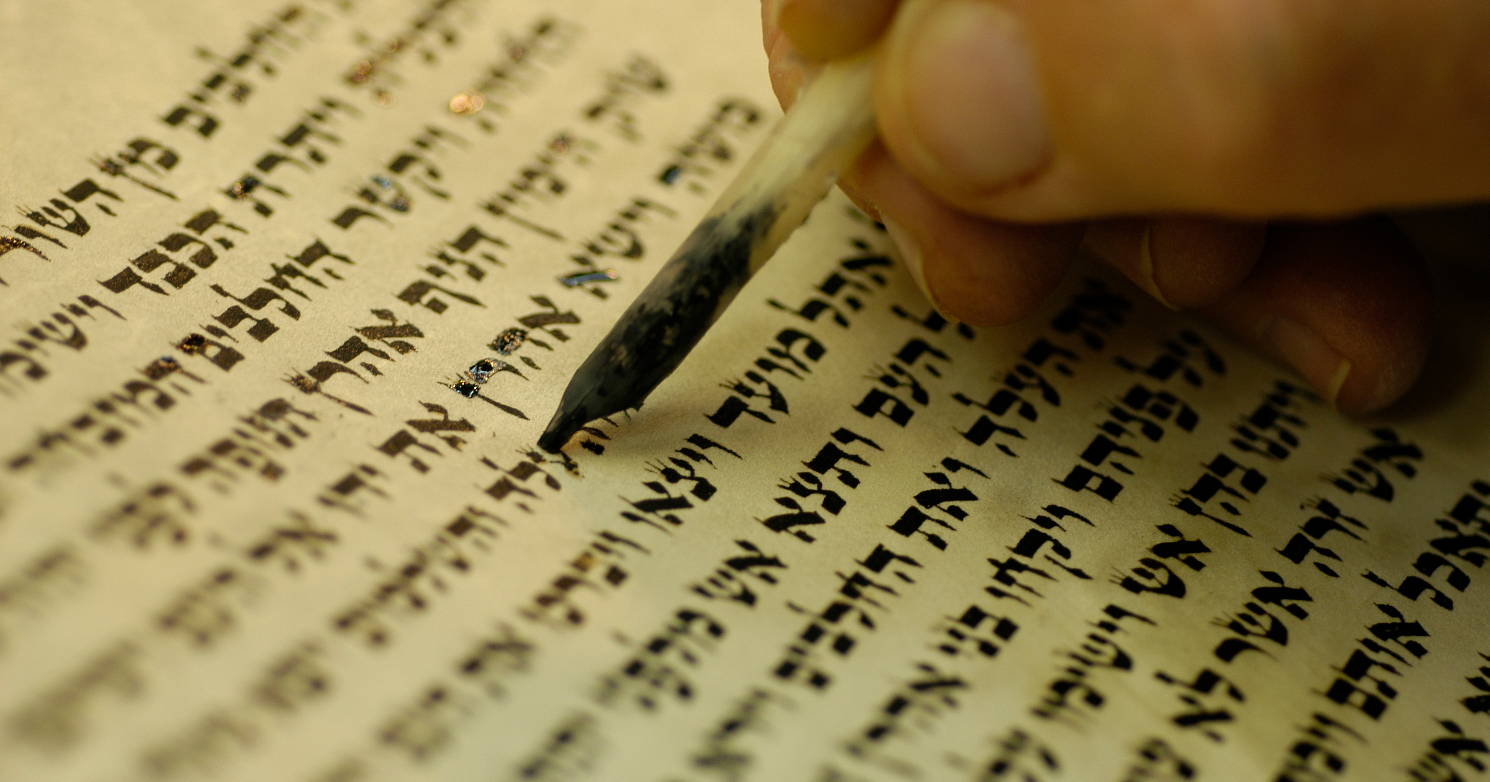“So the king and Haman came to banquet with Esther the queen.
And the king said again unto Esther on the second day at the banquet of wine, What is thy petition, queen Esther? and it shall be granted thee: and what is thy request? and it shall be performed, even to the half of the kingdom.
Then Esther the queen answered and said, If I have found favour in thy sight, O king, and if it please the king, let my life be given me at my petition, and my people at my request:
For we are sold, I and my people, to be destroyed, to be slain, and to perish. But if we had been sold for bondmen and bondwomen, I had held my tongue, although the enemy could not countervail the king’s damage.
Then the king Ahasuerus answered and said unto Esther the queen, Who is he, and where is he, that durst presume in his heart to do so?
And Esther said, The adversary and enemy is this wicked Haman. Then Haman was afraid before the king and the queen.
And the king arising from the banquet of wine in his wrath went into the palace garden: and Haman stood up to make request for his life to Esther the queen; for he saw that there was evil determined against him by the king.
Then the king returned out of the palace garden into the place of the banquet of wine; and Haman was fallen upon the bed whereon Esther was. Then said the king, Will he force the queen also before me in the house? As the word went out of king’s mouth, they covered Haman’s face.
And Harbonah, one of the chamberlains, said before the king, Behold also, the gallows fifty cubits high, which Haman had made for Mordecai, who spoken good for the king, standeth in the house of Haman. Then the king said, Hang him thereon.
So they hanged Haman on the gallows that he had prepared for Mordecai. Then was the king’s wrath pacified.” – Esther 7 (KJV)











(The book of Esther has only 10 chapters. If I may be so bold as to suggest it, why not pick up your Bible and read the whole story of Esther this weekend.)
1 So the king and Haman went to the feast with Queen Esther.
2 On the second day, when they were again drinking wine, the king said to Esther, “What is your request, Queen Esther? It will be given to you. What are you seeking? Up to half of the kingdom—it’s yours.”
3 Queen Esther responded, “My King, if I have found favor in your eyes, and if it pleases the king, I am asking that my life be spared, and I am seeking the lives of my people, 4 because I and my people have been sold to be destroyed, to be killed, and to be annihilated. If we were merely being sold to be male and female slaves, I would have remained silent, because that would not have been bad enough to be a reason to bother the king.”
5 King Xerxes spoke up. He said to Queen Esther, “Who is this, and where is this person who has the audacity to do this?”
6 Esther said, “This hateful enemy is this evil Haman!” Haman was terrified in the presence of the king and the queen.
7 The king rose angrily from the place where they were drinking wine[a] and went to the palace garden. But Haman stayed to beg for his life from Queen Esther, because he saw the king had evil plans for him.
8 Just as the king was returning from the palace garden to the hall where they had been drinking wine, Haman was falling onto the couch on which Esther was lying. The king said, “Will he even assault the queen when I am in the building?” As soon as the words left the king’s mouth, they covered Haman’s face.[b]
9 In addition, Harbona, one of the eunuchs present with the king, said, “You know, there is a gallows seventy-five feet high standing by the house of Haman, which he made for Mordecai, the person who spoke up for the benefit of the king.” The king said, “Hang[c] him on it.”
10 So they hanged Haman on the gallows which he had prepared for Mordecai, and the king’s anger subsided. – Esther 7 (EHV)
Footnotes
[a] Esther 7:7 The word mishteh, which is often translated banquet, refers primarily to drinking rather than eating. Here that connotation is made explicit by the addition of the word wine.
[b] Esther 7:8 Apparently, to mark him as a condemned man
[c] Esther 7:9 Or impale